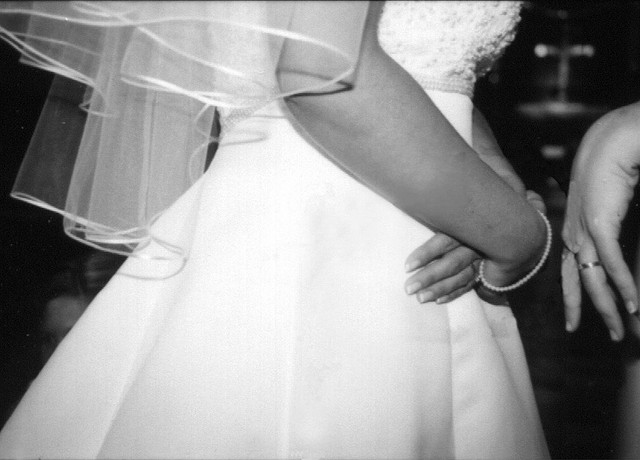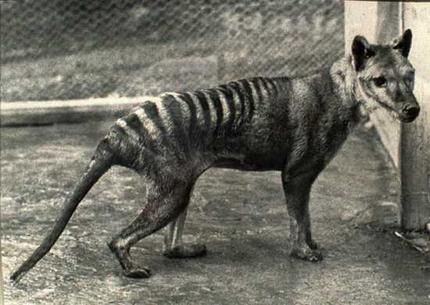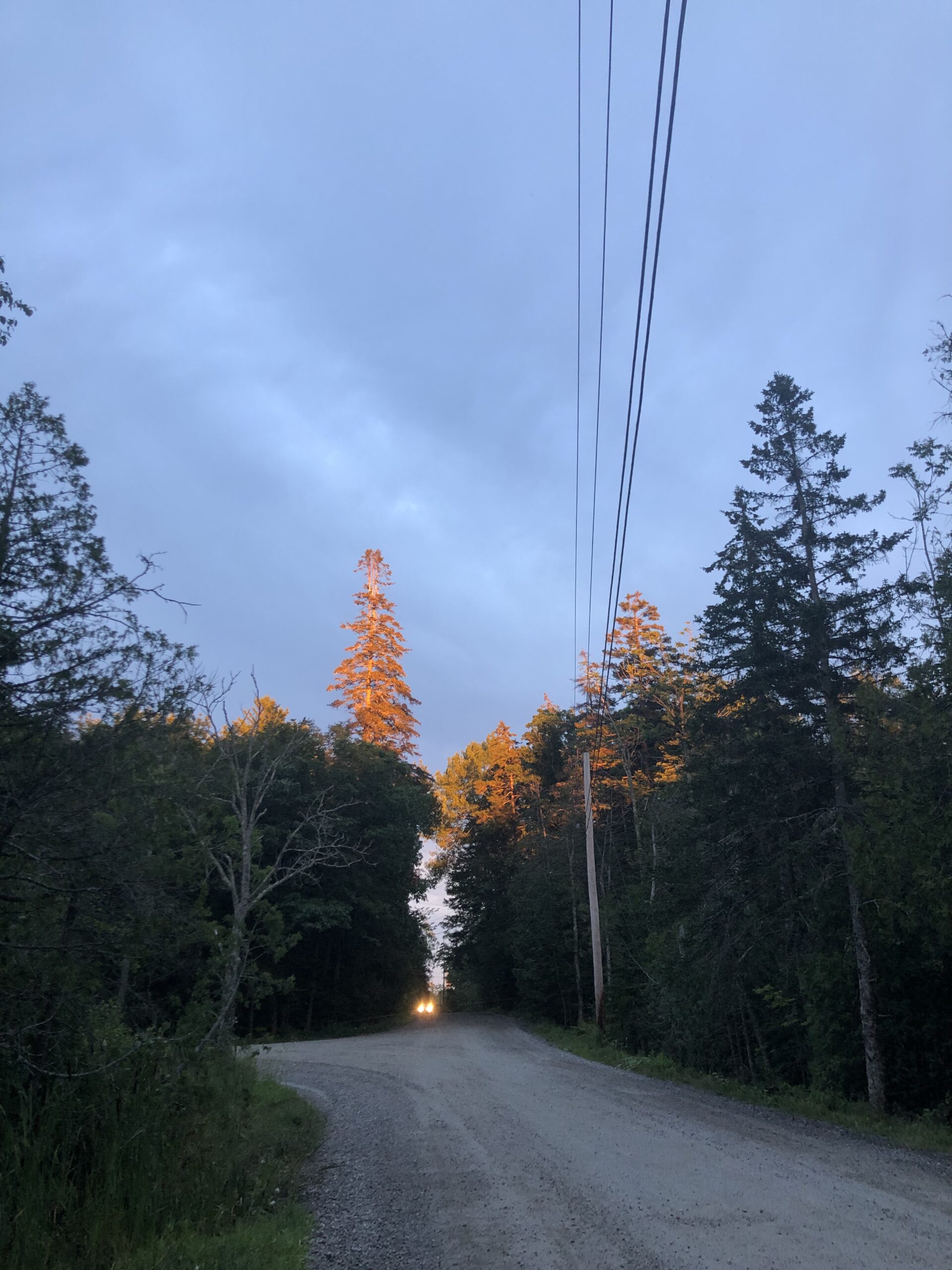This month’s poetry feature showcases work from new books by our contributors.

If This Is What It Takes
The knife in your hand wants flesh—
its appetite for blood is sharp steel
leaning, weeping into the tomato’s meat,
sugar beets, steaming rhubarb pie—and hunts
that juice etching your hands, pulsing
your neck and shifting your hips. You
slice, you bleed, you leak into pools bubbling
the countertop, over the scuffed linoleum
to the stainless steel sink and anoint the potato
peelings, onion skins and apple rinds.
Make your salad before rot sets in
and that side of you that turns my head
after we’ve parted on the street
to watch your steps escapes. You come to me
squeezing your bleeding as if it were a gift,
as if the more you bled the better you’d feel
offering your invitation to join the thin red
sliver seething and throbbing your hands
into mine. Beautiful bleeder, my hands
never held holy powers until they entangled yours.
A blade, I understand its language. Give me
the knife and press its edge here. Pull.
The Real Cause of Your Absence
In the afternoon the river thawed
and not one ice plate remained—
you could sit on the bank and watch
the flow float seed pods and tampon
boxes out of town, as if it were
a road you could stand beside
with your thumb out. Or skip a stone
from a pile the strange neighbor
boy mounded at your feet again.
This year, when the milk cartons
bobbed and twirled on the current,
the grocer seemed a little smaller
and our child gave her pocket stones
back to the riverbed. Suddenly tired,
the greasy mechanic had to look away
from the weasel dipping in and out
of the oak leaves lilting and twirling
in a mid-stream pool. Like last year,
like every year, the days were still
short and dropped their thick dark
hard like a wool quilt over the water.
The whole town went likewise to bed.
Not one lamp burned, which could have
given us a reason to stay. For a while
our bed felt perfect—firm, warm,
occupied—until the water drew our noise
from the windows and we followed—
You went upstream. I climbed down.
The Real Cause for Your Absence, has just been published by C & R Press
Curtis Bauer is the author of three poetry collections: his first, Fence Line (2004), won the John Ciardi Poetry Prize; Spanish Sketchbook (2012) is a bilingual English/Spanish collection published in Spain; and The Real Cause for Your Absence will be released March 2013 by C&R Press.
On Valentine’s Day I Pick Up My Wedding Dress
Dragged across a sculpted lawn, hem half undone,
the Sophia Long Ivory Silk
was smeared with August grass.
A thrill to wear the Empire waist
with shirring at the bust, complete
crossover detail and tiny shoulder pleats—
The bit of luxe I delayed for months
putting into the cleaner’s hands—
I loved how it dangled
amid the darker palette of my wardrobe
with its tattered trail of stains—
Prosecco, pollen, one niece’s sandal print,
another’s cookie smears . . .
Any of my black slip dresses would have done the job.
But my ’tween daughter said,
It’s supposed to be a celebration, Mom,
not a witch’s Halloween.
Several years ago she and I walked with you,
old friend, new love, along the Grand Canal.
A wedding party’s passing
stopped the swirling crowds.
In upraised arms the unveiled bride
held her baby girl. Noonday sun,
the streets still puddled with the morning’s tide.
But her dress! Cat said, just eight,
thinking of ruined fabric, the dirt and grime,
where I thought, The world’s full bouquet.
Today’s poems in class were sex,
not love; sex and Singles’
Awareness Week. My cynics
beyond their years didn’t even
Google Valentine, imprisoned bishop
who worked to keep lovers’ hope aflame.
I gave out chocolate, wishing for some
grand passion to sweep them away.
See Her Familiars at Elixir Press.
Jane Satterfield is the author of Daughters of Empire: A Memoir of a Year in Britain and Beyond.
10 More Impossible Objects
62.
Forbidden to turn to the last pages, one would read, each day, each day’s summation in a book where one’s future had already been written: an accounting (however much the reader desired, with impatience and also with fear, to know the final tally) never to be disclosed.
63.
To look through these glasses (the lens thick and clouded) was to see one’s own death – the very day, the very moment of it; and no matter how they believed that it was so, few resisted lifting them from the piece of faded, worn velvet (as a crown is lifted during a coronation) and, with scarcely a hesitation, putting them on.
64.
Only when the machine had begun to forget were the consequences of its neglect revealed, though not to us who remained ignorant even to the end; the first to vanish from the world was the elephants, followed by birds, and then, unaccountably, by violas – all as if they had never been.
65.
And the magnetic tapes that had taken dictation from the mad in Bellevue and in Bedlam – they also began to forget, each memory (a recorded voice) dying away from the tapes’ oxide particles (formerly so grasping) with a shriek, as though the world were giving up its ghosts.
66.
The metal button meant to release the umbrella suddenly from its inert state having been depressed – a miniature weather system was manufactured inside the domed space (staked out with recurring steel struts in appearance like meridians of longitude) by the discharge of silver-iodine crystals: it might be a drizzle or a deluge such as makes rivers of streets or even snow sifting down from inside the black canopy raised aloft by the umbrella’s owner in a vain effort to escape what he or she had unwittingly deployed.
67.
In this, the mirror was extraordinary: whoever looked into its depths saw another resembling him- or herself, who would (having grown impatient of being looked at so brazenly) turn away – even before the person who lingered in front of the mirror had ceased to look – and begin life inside its cool rooms as someone else.
68.
When struck against the palm, this tuning-fork produced a tone that none could hear, regardless of powers of audition – a pitch so penetrating as to unclench the mountains’ grasp, unknit polar ice, unfuse glass into sand and fire, unbolt the tectonic plates, and unwind Earth’s core as if it were no more than a ball of twine pulled apart by voracious birds to weave into a nest.
69.
A model-maker who had won fame for her contributions to the world of cinematic artifice completed, after years of painstaking assembly, a miniature city – sumptuously furnished, ingenious in its tiny mechanical systems. Those who knelt before one of the skyscrapers to look into a room (with one eye closed as though peering through a microscope to see what life was there) would recognize themselves – in facsimile – standing abjectly at the window.
70.
And to speak again of sound, consider a ringtone able to wake the dead, not by its volume, but by the tone itself (one unheard, before this instance, in the world of sentient beings). To answer its peremptory summons was to hear what might be a tsunami striking the fragile shore or an avalanche of snow hurtling down a mountainside toward the town cowering at its foot – a tumult, inside of which was an almost articulate voice threatening vengeance on all the living.
71.
It was not the case that the vacuum-cleaner, having suffered its parts to be deranged, drew into itself first the Turkish carpet, then the furniture, and finally the room in which they had contributed to their owner’s comfort, while the appalled housekeeper stood (clenching the wand of the apparatus for dear life) on a fragile isthmus engulfed very nearly by nothingness – no, the case was this: that the machine conceived in its dark womb a man from atoms of dirt, cigarette ash, and animal hair embedded in the depths of the carpet and that this man – so brutish and mute – turned toward the world and, like a Golem, began the patient work of its destruction.
Impossible Objects is out this month.
Norman Lock has written novels and short fiction as well as stage, radio and screen plays.
Loop

62 seconds of the extinct Thylacine or Tasmanian Tiger on film.
Within the box, it growls, it twists,
scowls through its repertoire of tricks,
ignores the camera — or gurns up close, turns
again, to flop, to gnaw that paw-trapped bone.
It paces out its trap of light; one hundred reps
while hindquarters zither bars of sun;
claws cage’s mesh, hangs stretched
as if to take the measure of itself.
You saw. You see. And what we’ve got is what was shot:
short clips, fragments caught and stitched
together in a loop of black and white.
Nine lives? Not quite. It’s down. It’s out.
It’s on its feet and born again. Like a repetition
compulsion, like… like reincarnated light.
Vandemonian, just out from Arc, may be visited here.
Cliff Forshaw lives in Hull, England, where he teaches at the university. Recent UK publications include Trans and three chapbooks: A Ned Kelly Hymnal, Wake, and Tiger.
Thinking About the Sistine
Rise. It’s hard to imagine on a twenty degree day,
the blessed rising from their boats
all along the rugged shore, even the rocks
borne heavenward in Michelangelo’s vision.
Such unlabored rising is far beyond our ken—
Take this red-tail feasting on our neighbor’s rooster,
one bright feather at a time, pink flesh at the nape
of the neck stringing loose, matter-of-fact shake
and tug—there’s something we know.
The dark drop, loss, lithe brightness strewn
the length of meadow and the children next door
still calling out under henhouse, shed, and tractor.
Although I change my skin, Michelangelo wrote,
in a sketchbook under the scaffolding
as if the last day were a simple undressing,
seasonal, no more astonishing
than the whip-long, honeycomb casing of a snake
cast off between logs in the woodpile.
Still-Life Breathing
Vast—it seems the figures move.
Rake of light, a hem lifts
and Cavallini’s angels stir.
Like hay in wind their hues shift.
Base of the feathers, a faint
pink, rinse water of beets
as you loosen their skins.
Incrementally, color increases
with each row of feathers,
slowly rose goes sage-green.
It’s enough to make you believe.
Leaves unfurling mid-winter,
the sun’s arc steep.
This is where they brought her.
Not at first, but later;
for Santa Cecilia’s body was lost
in the catacombs of San Callisto,
the carved out underearth of pumice, ash
and lava where she lay as if sleeping:
knees bent, hands unclasped.
“An angel,” she told her husband
on their wedding night,
“an angel guards my purity.”
He believed in what he couldn’t see.
Imagine forfeiting the rushed
fire of husband and wife:
lip, brow, eyelash—a fern’s lithe
shiver, inert upon your cheek.
Catherine Staples‘ new collection, The Rattling Window, winner of the Robert McGovern Publication Prize, is just out from Ashland Poetry Press.



